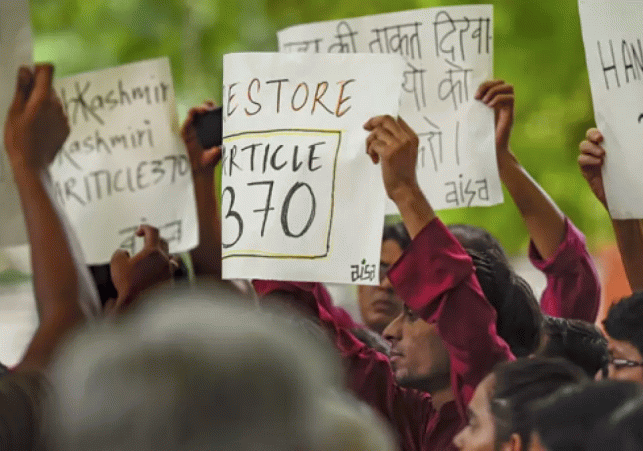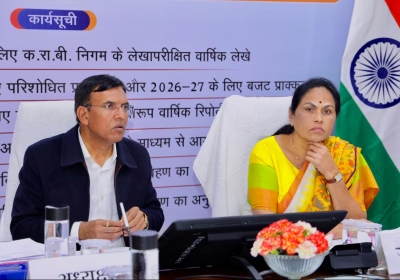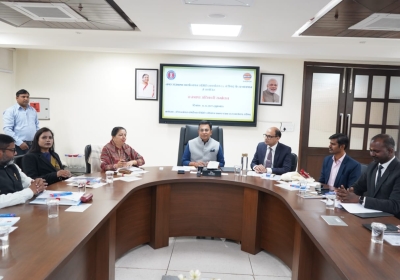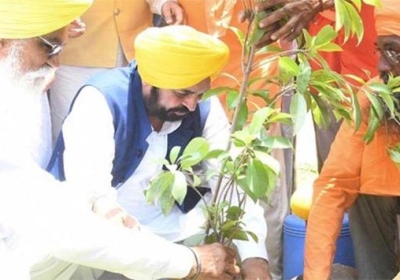
SC delves into Article 370 abrogation debate
Unraveling Constitutional threads: Supreme Court delves into Article 370 abrogation debate
The Supreme Court engaged in a substantial legal discussion on Monday regarding the challenge to the abrogation of Article 370, a provision granting special status to the erstwhile state of Jammu and Kashmir. The hearing, led by a five-judge bench headed by Chief Justice DY Chandrachud, explored critical aspects of the argument, shedding light on the nature of the Constitution of Jammu and Kashmir in relation to the Indian Constitution.
Constitutional Hierarchy Acknowledged
The Court seemingly endorsed the Centre's perspective that the Constitution of Jammu and Kashmir stands as a "subordinate" document compared to the Indian Constitution, which holds a higher standing. This alignment suggests that the constitutional framework of Jammu and Kashmir is subject to the overarching authority of the Indian Constitution.
ALSO READ: Indian Enforcement Directorate scandal: Official arrested in multi-crore bribery scheme
Debate on Constituent Assembly's Role
However, the bench appeared to diverge from the assertion that the Constituent Assembly of the former state, which ceased in 1957, was essentially a legislative assembly. Despite not directly naming the specific political parties, the Centre contended that certain citizens had been misled into viewing the special provisions for Jammu and Kashmir as a "privilege" rather than discrimination.
Political Positions and Article 35A
The Centre pointed out that two prominent political parties were currently advocating for the retention of Article 370 and Article 35A in the court proceedings. Article 35A had conferred specific rights and privileges to the residents of Jammu and Kashmir, a provision that has been subject to widespread debate and controversy.
Balancing Constitutional Levels
Chief Justice Chandrachud, along with Justices Sanjay Kishan Kaul, Sanjiv Khanna, BR Gavai, and Surya Kant, acknowledged the potential stratification between the Constitutions of India and Jammu and Kashmir. They indicated that the Indian Constitution might be situated at a higher level of authority compared to the local constitution of Jammu and Kashmir.
ALSO READ: NIA likely to lead investigation into deadly firecracker factory blast in West Bengal
In-depth Legal Deliberation
The ongoing hearings are emblematic of the intricacies entailed in the abrogation of Article 370. The Supreme Court's exploration of constitutional relationships and the distinct nature of the Constituent Assembly offers insight into the complex legal framework underpinning this significant legal matter. As discussions continue, the Court's deliberations are expected to provide a comprehensive understanding of the constitutional implications surrounding Article 370's removal.





